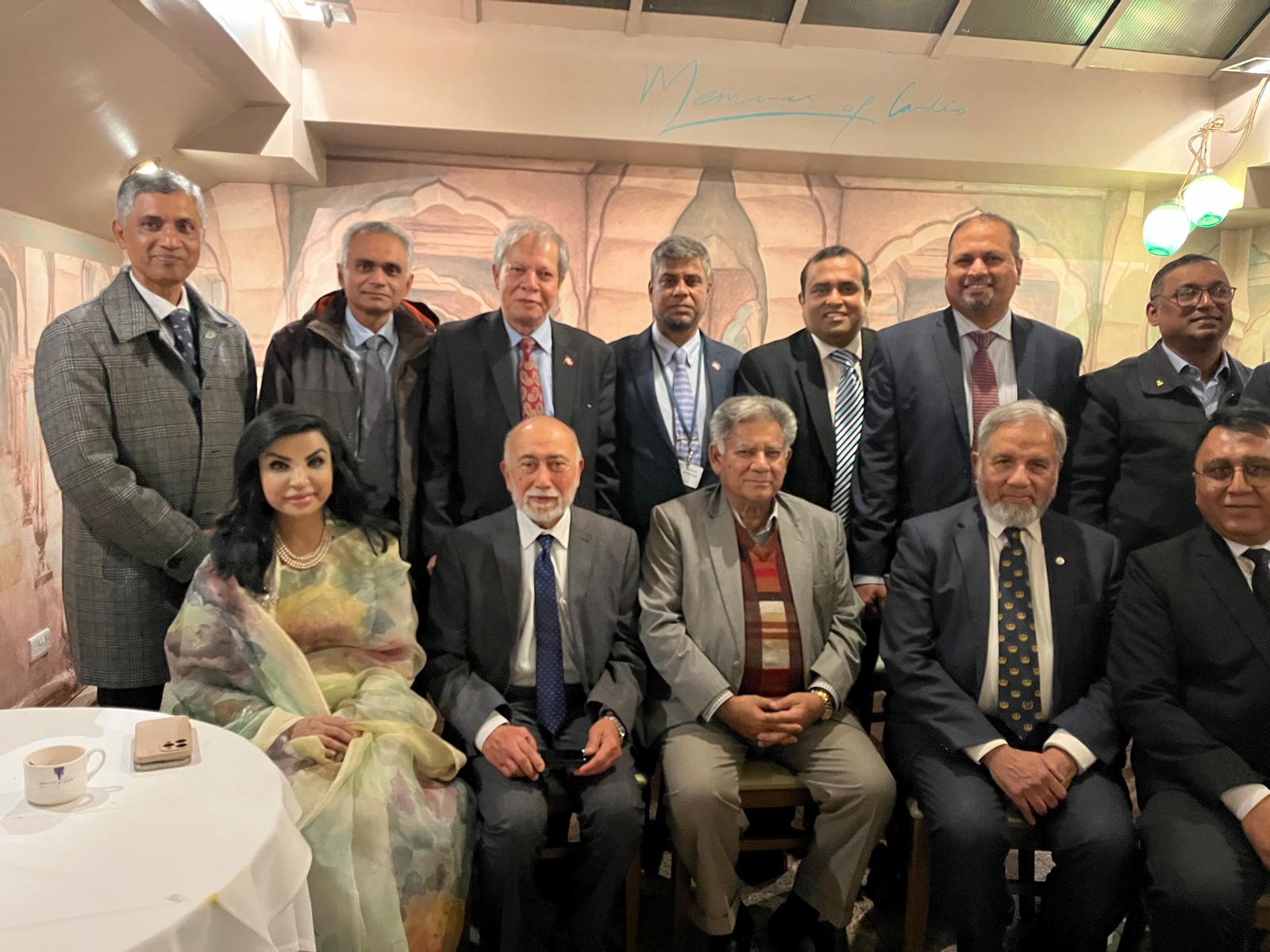search the site
Slow development of Irish maritime security strategy raises concerns
Sun, 02 Mar, 2025 – 11:48
Cormac O’Keeffe Security Correspondent
Concerns are being expressed at the apparent slow pace in developing Ireland’s first maritime security strategy, requested by government 15 months ago.
Announcing the intention to devise the strategy in November 2023, Tánaiste Micheál Martin said the issue of Ireland’s maritime security is “paramount”.
The strategy is due to identify the necessary resourcing, legislation and decision-making systems, with a particular focus on subsea infrastructure.
Ireland’s high-tech economy is dependent on the subsea digital cables from North America to Europe and the country’s energy supply is heavily dependent on gas pipelines and electricity interconnectors from Britain.
The coming years are expected to see a massive expansion in offshore wind energy infrastructure and power cables.
The threat to cables and power lines has increased in recent years, with a suspiciously large number of incidents affecting cables and pipelines in the Baltic, and the presence of Russian spy vessels over cables and critical power lines in the Irish Sea last November.
In a statement to the Irish Examiner, the Department of Defence said work on the maritime security strategy is “underway” but could provide no timeline for completion.
It said: “As this is an extensive undertaking, which will involve cooperation with national and international stakeholders, the Department of Defence is not in a position, at this stage, to say when the strategy will be completed and approved by the Government.”
The statement said some cooperation has been already undertaken, including Ireland’s involvement in the Nato-funded workshop on undersea communications cables and crisis management held in Iceland last December.
“This [the maritime security strategy] has been promised and has failed to materialise,” Brendan Flynn, assistant professor in political science at University of Galway.
He said there was also supposed to be a National Security Strategy, for the period 2020-2025, which never materialised.
Mr Flynn said the Government’s Defence Police Review in 2024 identified maritime security, particularly subsea cables, as a “priority action”.
Mr Flynn said: “To be honest I don’t see priority action evident. I see small steps being taken which in time will improve things but events are racing far ahead.”
He said the repeated suspicious incidents involving power cables in the Baltic Sea seem “at least for now limited to the Baltic”, although he cited recent incidents in Canada and Taiwan.
Edward Burke, assistant professor in the History of War since 1945 at UCD, said: “There is an increased political and public understanding of the threats to Irish maritime security. But this has not yet translated into transformative action. For example, given the scale and importance of critical subsea cables in Irish waters, Ireland’s EEZ, the government should invest in a multi-role ocean surveillance vessel.
“As we have seen from the activities of the Russian intelligence vessel — the Yantar — in the Irish Sea in recent months, Russia is surveilling the waters off our coastline, seeking to expose vulnerabilities which it can leverage against the European Union and its partners.”
In the meantime, he said “joint planning and operations should be scaled up and formalised” between the Irish Naval Service and the Royal Navy.
Professor Andrew Cottey at the Department of Government and Politics at UCC said that given the absence of the national security strategy “it is no surprise” that the timeline for the maritime strategy “is also uncertain”.
He said the threat from Russian activity is “clearly escalating”, particularly in the Baltic Sea.
“The seas surrounding Ireland are another obvious potential target, particularly given Ireland’s importance to global information/cyber infrastructure and the weakness of the Irish Naval Service,” he said.
Prof Cottey said that given the size of Ireland’s seas and airspace it needed to cooperate with friendly states, namely Britain, France, the Nordic states, and the US.
“The government should acknowledge this reality and put in place appropriate — and publicly declared — cooperation arrangements,” he said.


















